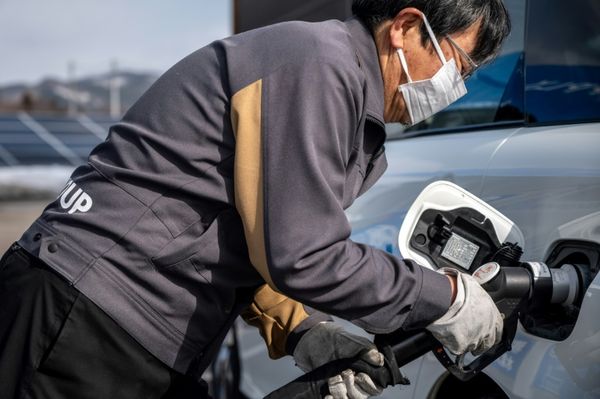
Bulgaria is looking to revive a trans-Balkan oil pipeline project to secure non-Russian crude oil supplies for its only oil refinery on the Black Sea, controlled by Russia's Lukoil, President Rumen Radev said on Tuesday.
Sofia is holding talks with neighbouring Greece to build a 300 km oil pipeline to transport crude oil from the Greek port of Alexandroupolis on the Aegean Sea to Bulgaria's Black Sea port of Burgas, Radev said.
Bulgaria has won a two-year exemption from a European Union ban on Russian crude imports, imposed over the invasion of Ukraine.
However, the country needs to secure enough non-Russian crude to keep operations running at the 196,000 barrels per day Black Sea refinery after the exemption on Russian crude ends in 2024, government officials say. The refinery provides over 75% of the fuels for the local market.
In 2011, Bulgaria abandoned the oil pipeline project, which was then aimed at pumping up to 50 million tonnes of Russian crude a year through its territory to Greece, on economic and environmental concerns. Its estimated cost then was 1 billion euros ($1.08 billion).
"We have agreed with the Greek prime minister, with the Greek president in the fastest possible manner to resume the Burgas-Alexandroupolis project, but this time around supplies should flow from Alexandroupolis to Burgas," Radev told an energy forum.
"It is needed for our oil refinery, as well as other refineries in the Black Sea region, so they can receive oil from all over the world... This is a very important step with strategic importance," he said.
Supply of non-Russian crude to the Bulgarian refinery on the Black Sea could be complicated because of the congested Bospharus Straits, making the project for an oil pipeline with Greece an attractive and more cost-effective option, officials say.
Bulgarian Energy Minister Rossen Hristov has said he hopes that a memorandum of understanding with Greece would be signed in the next couple of weeks, so that the two countries could start working on how to structure the pipeline project.
($1 = 0.9244 euros)
(Reporting by Tsvetelia Tsolova; Editing by Susan Fenton)










